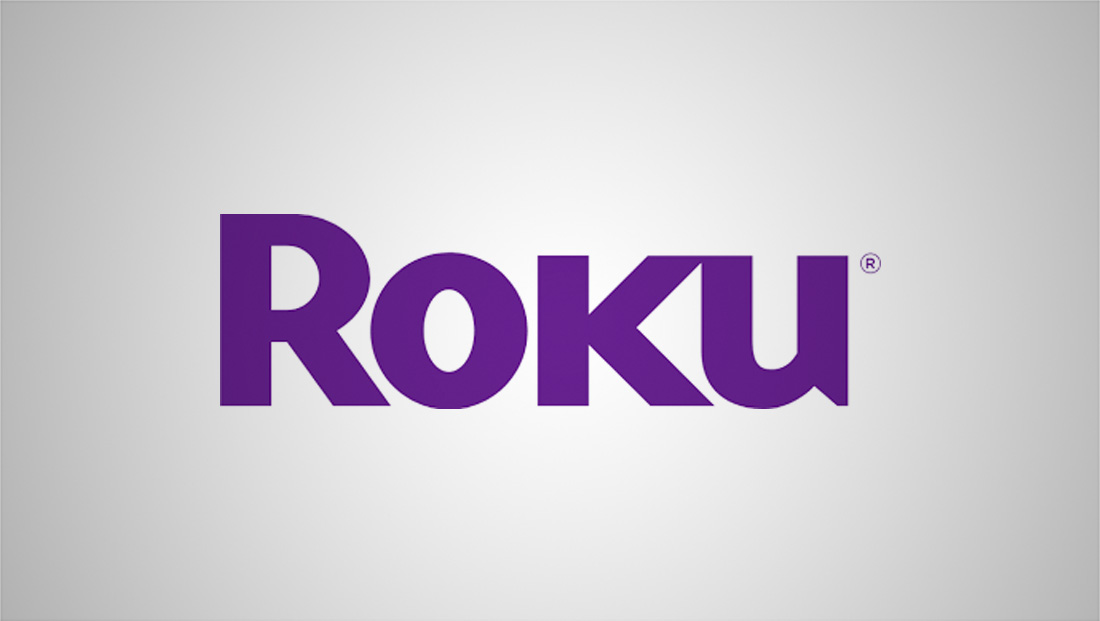Roku forcing users to agree to new mass arbitration limits, though customers can opt out

Subscribe to NCS for the latest news, project case studies and product announcements in broadcast technology, creative design and engineering delivered to your inbox.
Roku is requiring customers to agree to a new set of dispute resolution terms, though users can opt out of them later.
Users are being notified via an on-screen message prompting them to agree to an update to the company’s terms and conditions.
The only on-screen option is to “agree” to the terms, otherwise the user interface is unusable and customers cannot access content.
The change to the terms and conditions revolves around how disputes are resolved. Roku, like many large companies, already prohibits users from bringing class actions against it in the terms, but the new language also prohibits mass arbitration, a legal tactic that some lawyers use to essentially get around limits on class actions.
The updates also limit the number of cases Roku has to argue before an arbitrator and can be used to delay a mass arbitration action.
Class action suits are sometimes brought against companies by large groups of users or customers defined by specific characteristics, such as all Roku customers or all customers affected by a certain alleged issue, without having to name every person.
Roku is, however, allowing customers to opt out of the mass arbitration limits by sending a letter via postal mail to the company.
The letter must be sent via mail; email, fax or other methods are not acceptable. Users are also required to opt in to the new clause before they can opt out.
Users wishing to opt out of the mass arbitration limits must send a letter to General Counsel, Roku Inc., 1701 Junction Court, Suite 100, San Jose, CA 95112 within 30 days of receiving the first email notification about the change (which is earlier than many consumers saw the message on their screens).
Roku is clearly trying to protect itself from the growing popularity of mass arbitration cases being seen in courts across the country.
The company is likely relying on the fact that most customers won’t bother to read the fine print of what they are agreeing to. Even if they are aware of the limits, the company is likely betting that most people won’t take the time to send a letter, which is likely the reason it is limiting opt-out requests to snail mail as opposed to email or other communication methods.
Roku isn’t alone in placing limits on mass arbitration. As the tactic becomes more common, more and more companies are adding such clauses to their agreements or contracts, including many of the seemingly everyday ones that most users simply click “agree” without reading.
Subscribe to NCS for the latest news, project case studies and product announcements in broadcast technology, creative design and engineering delivered to your inbox.



tags
roku
categories
Broadcast Industry News